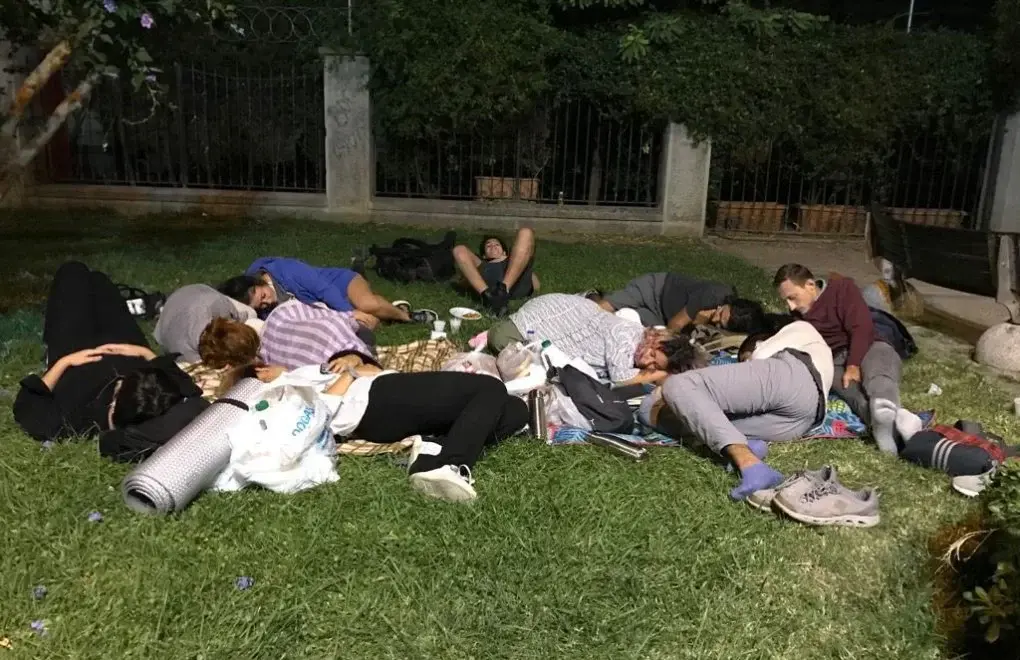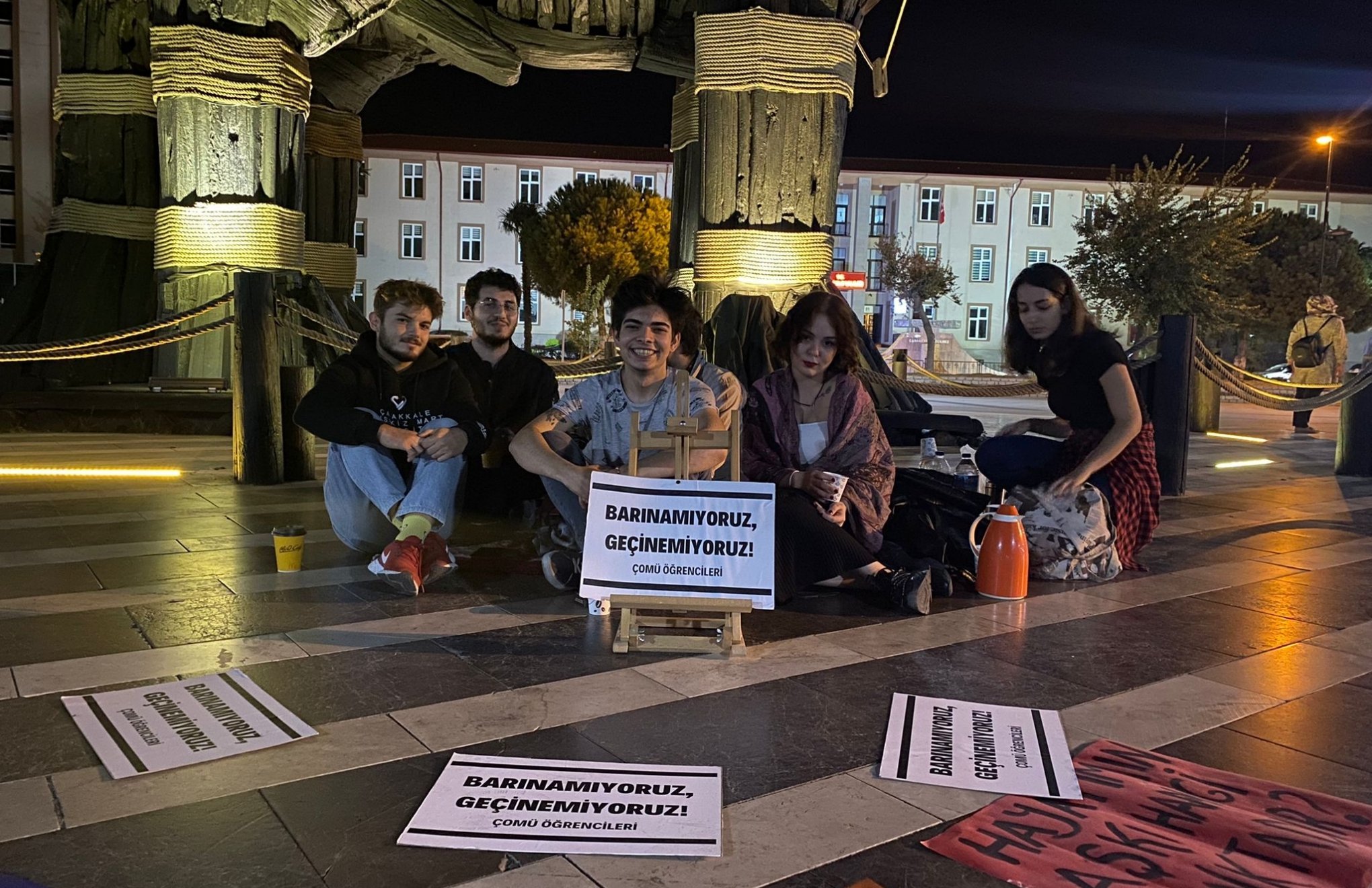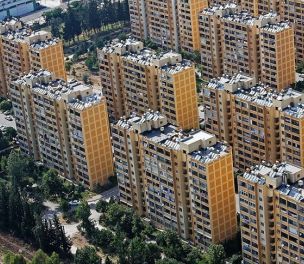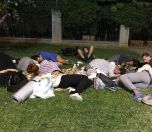Housing crisis deepens for students in Turkey


Every year, tens of thousands of students across Turkey face anxiety during the university selection period, not only because of academic concerns but also due to a pressing housing crisis.
With the country's ongoing economic challenges, students and their families are forced to prioritize finding affordable accommodation over choosing universities based on educational quality.
Due to the economic downturn, most students are applying to state dormitories, but the demand far exceeds the available capacity.
This year, several students shared their experiences with bianet about the difficulties they encountered during this process.
Siblings forced to study in the same city
E. D. and her brother D. D. from Antalya secured places at universities this year. Given their family's financial constraints and the rising costs of living, the siblings had no choice but to opt for universities in the same city.
Despite E. D. achieving a higher score than her brother, she felt compelled to choose the same city to avoid burdening their family financially.
She was accepted into the Nursing program at Çankırı University, while D. D. gained admission to the Electrical and Electronics Engineering program at the same university.
.jpg)
STUDENT HOUSING CRISIS
Failing to find housing, women students face family pressure to return home
Conditions in state dorms
The siblings expressed their reluctance to stay in dormitories run by the Student Loans and Dormitories Institution (KYK) due to their “poor conditions.” They mentioned issues such as subpar food, incidents of food poisoning, and even elevator accidents that have made headlines.
E. D. also noted that many of her friends chose not to attend universities outside their home cities due to the economic crisis.
Another student from Antalya, D.K., was accepted into the Nursing program at Eskişehir Osmangazi University. D.K. mentioned that her family could not afford rent or private dormitory fees, so she reluctantly applied to a KYK dormitory.
She admitted that she hadn't seriously considered what they would do if she didn't get a spot, but mentioned they might look for affordable apartments as an alternative.
Turkey has a total of 850 KYK dormitories with a combined capacity of 962,000 beds, according to official data. Private dormitories can accommodate around 500,000 students. This year, the occupancy rate in higher education has reached 98.8%.
.jpg)
Students complain about further restrictions at state dormitories
Capacity issues
Beyzade Sayın, head of the İstanbul universities branch of the Education and Science Workers' Union (Eğitim-Sen), explained the reasons behind the lack of affordable housing for students: “Students have four options: university dormitories, KYK dormitories, private dormitories, or renting an apartment.” University dormitories are being closed due to economic measures, reinforcement work, and earthquake concerns.
“KYK dormitories already lack sufficient capacity. Although they claim to have opened new dormitories, these are often repurposed apartment buildings with inadequate number of beds.
“This leaves private dormitories and apartments as the remaining options. However, some private dormitories charge exorbitant fees, while others are controlled by religious sects. Rent prices have already become unaffordable due to the economic crisis."

HOUSING PROBLEM AT UNIVERSITIES
20 state dormitories closed in Turkey in a year
‘The crisis is deepening’
Sayın warned that the housing crisis will be even more pronounced this year. He emphasized that rising costs for housing, food, and transportation will make it difficult for students to access their right to education.
He urged the government to produce solutions, suggesting, “Universities could activate dormitories near campuses using public resources and add new beds. The Youth and Sports Ministry should construct dormitories that provide quality living conditions in response to the growing student population.
“Unfortunately, the government is using the economic crisis as an excuse to incentivize private dormitories run by religious sects, essentially outsourcing its responsibilities. The government must urgently reverse this approach and build quality, free dormitories."

Presidency of Religious Affairs appoints 922 ‘spiritual counsellors’ to state dorms
(PÖ/RT/VK)








sa.jpg)




